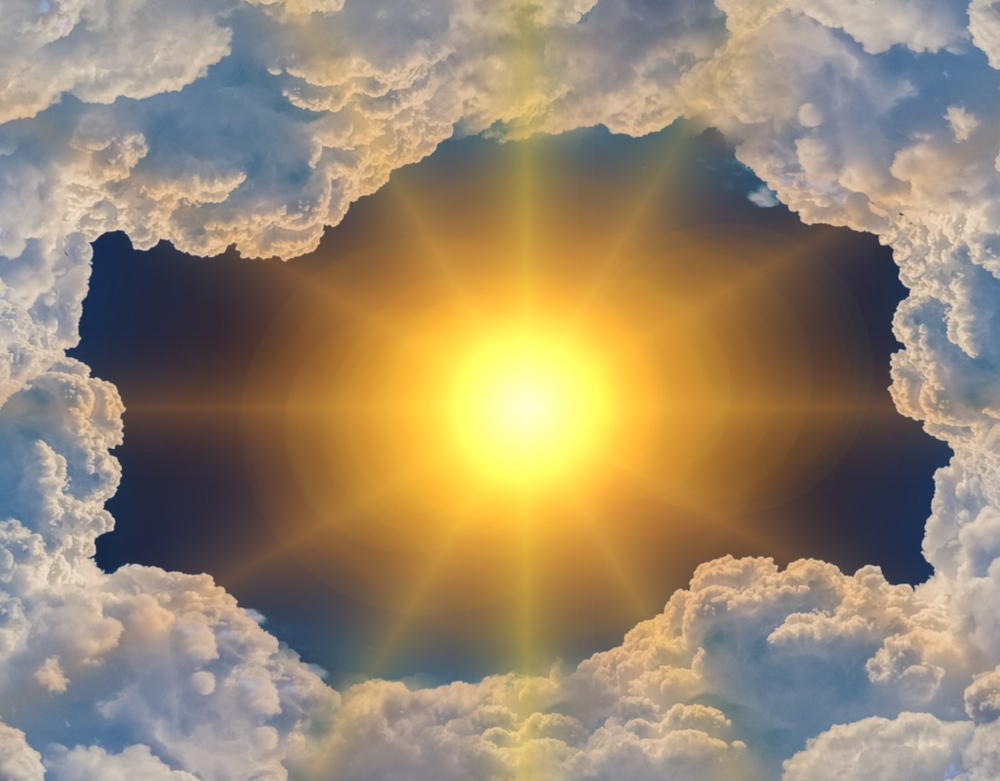
Former US Vice President Al Gore has highlighted the role of technologies such as artificial intelligence and machine learning in the fight against climate change.
Speaking at a CEDA-sponsored lunch in Brisbane earlier this month, Gore, who since leaving office has founded the Climate Reality Project, said we’re in the “early stages of a sustainability revolution”.
New innovations like machine learning, artificial intelligence and the Internet of Things are allowing for digital tools to help businesses be more sustainable, he explained.
These technologies are empowering executives in all kinds of different industries to manage materials with the same skill and precision that the IT companies use to manage information, he said. And that has the power to make significant changes in the direction of reduced energy consumption.
“This sustainability revolution apparently has the magnitude of the industrial revolution, but the speed of the digital revolution. It is literally unprecedented.”
Gore used Google as an example — he serves as a senior advisor to the US tech giant.
Google has the largest server farms in the world, he said, and applied an AI tool to the running of those farms.
“With no new hardware, simply the application of artificial intelligence, they have reduced the energy consumption of those server farms by 60%,” Gore said.
In many sectors of business and industry, “inefficiencies that we’ve always accepted and taken for granted, can now be identified precisely and pushed away”.
This means the demand for energy is being reduced. At the same time, new sources of energy, such as solar, wind or wave, are becoming more readily available.
The fastest-growing job in the US is solar installer, Gore said, with the number of jobs increasing six times faster than the average.
The second-fastest growing job in the US is wind turbine technician, he added.
“The jobs and retrofitting buildings and improving efficiency and reducing energy demand in creating and installing LEDs, these jobs are the ones that are growing,” he said.
“The young people in my country and in Australia are demanding a better future.”
At the same time, Gore noted that young people coming out of higher education now want to know what a company’s values are before they agree to work with them.
When it comes to the “climate crisis”, Gore said there are three questions left. The first two are: do we really have to change?; and can we change?
“Sometimes in life, you have to change but you don’t have the ability — that’s a formula for depression,” he said.
“But that’s not the case we are facing now. We can change, we have the tools available to us,” he added.
“The third and final question, the most important, is: will we change?”
Source: Smart Company Newsletter











